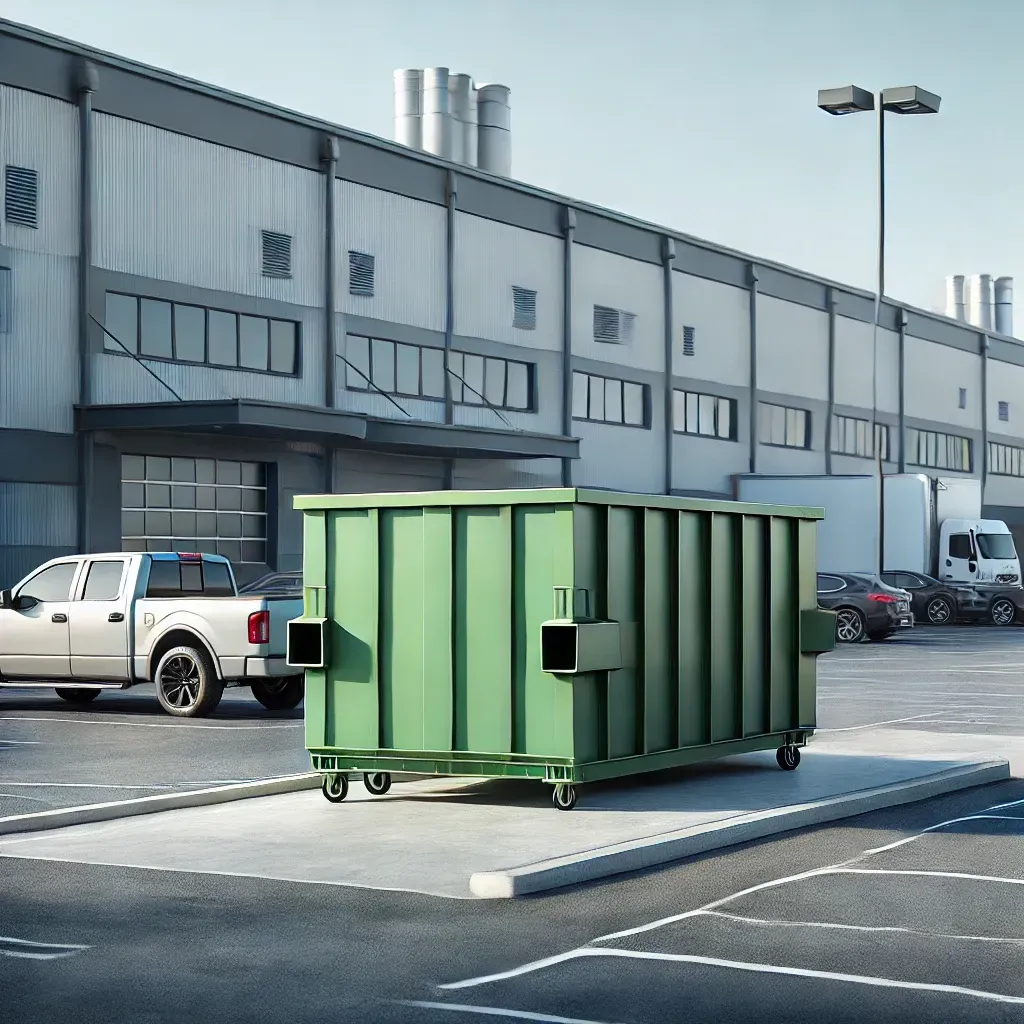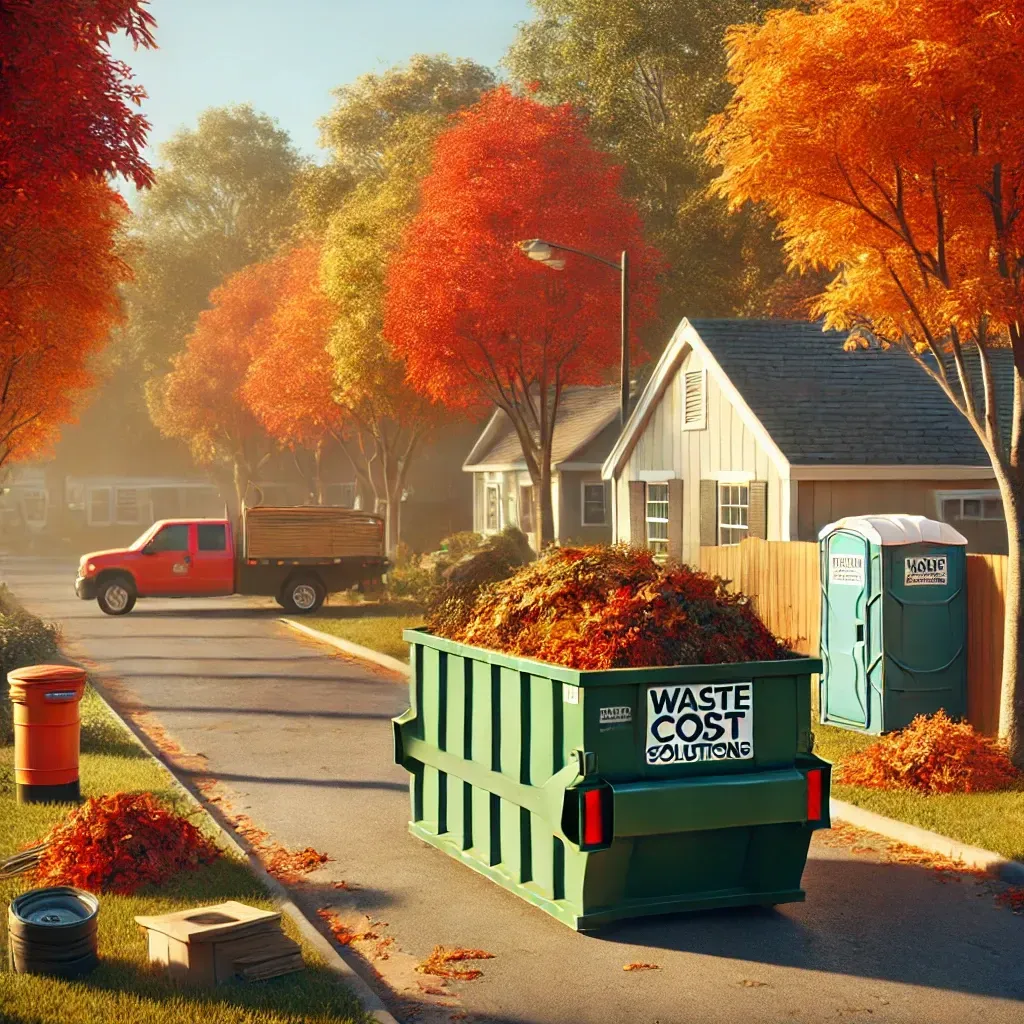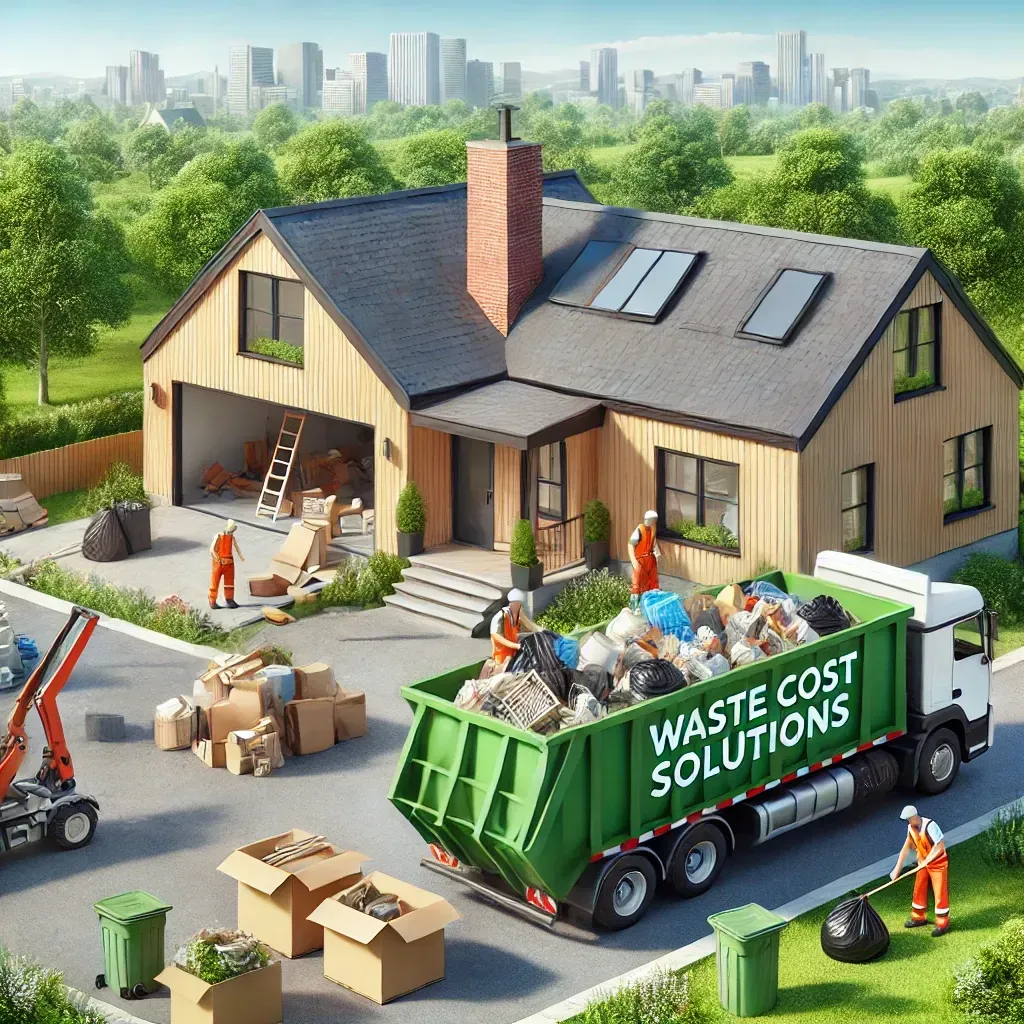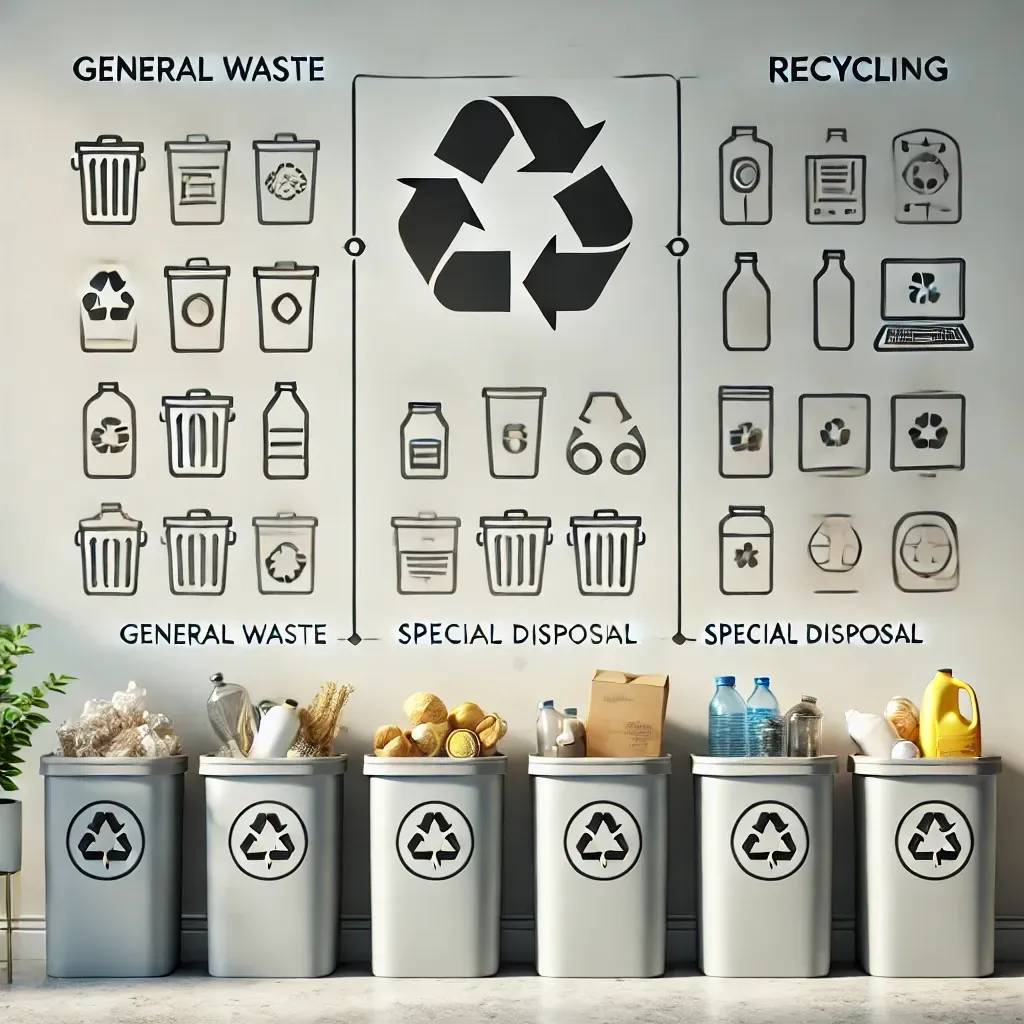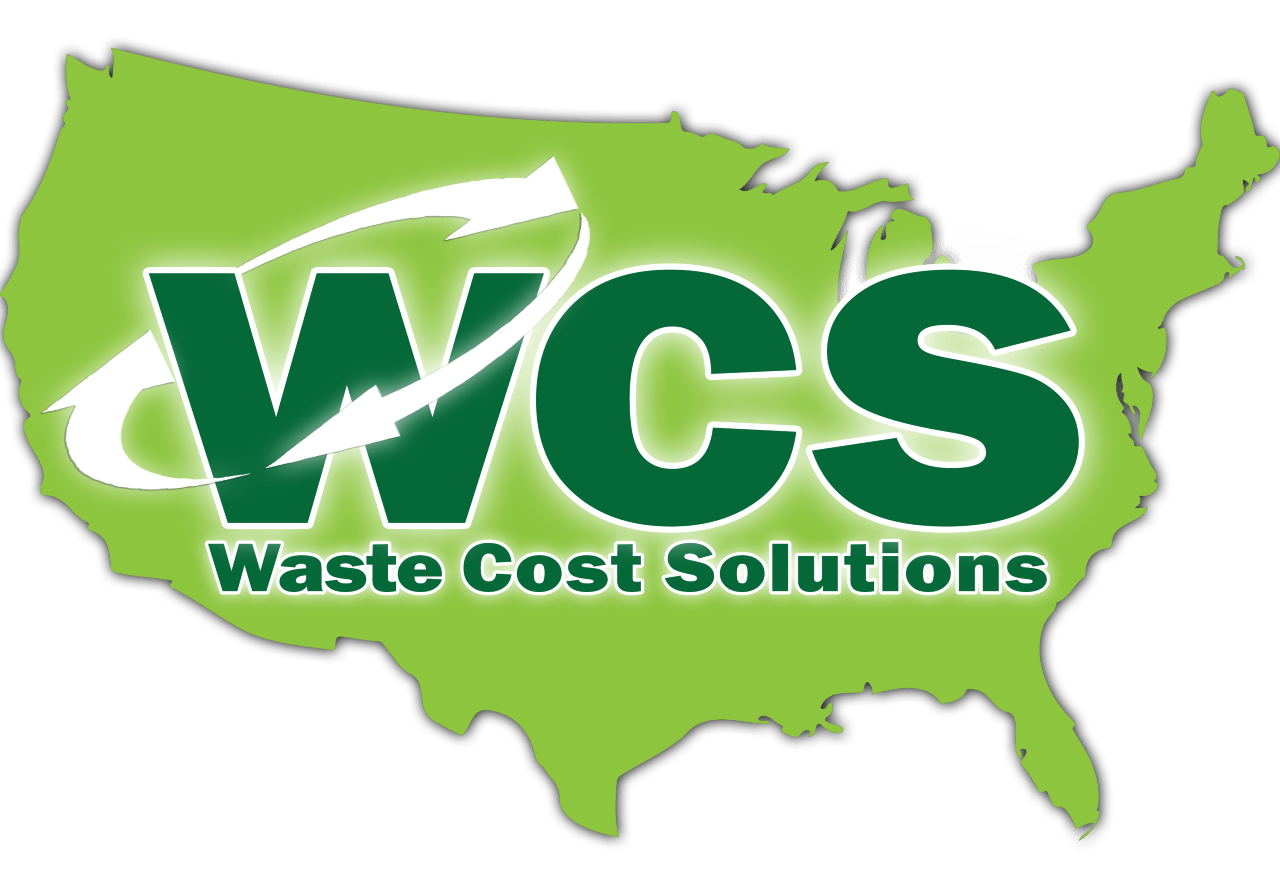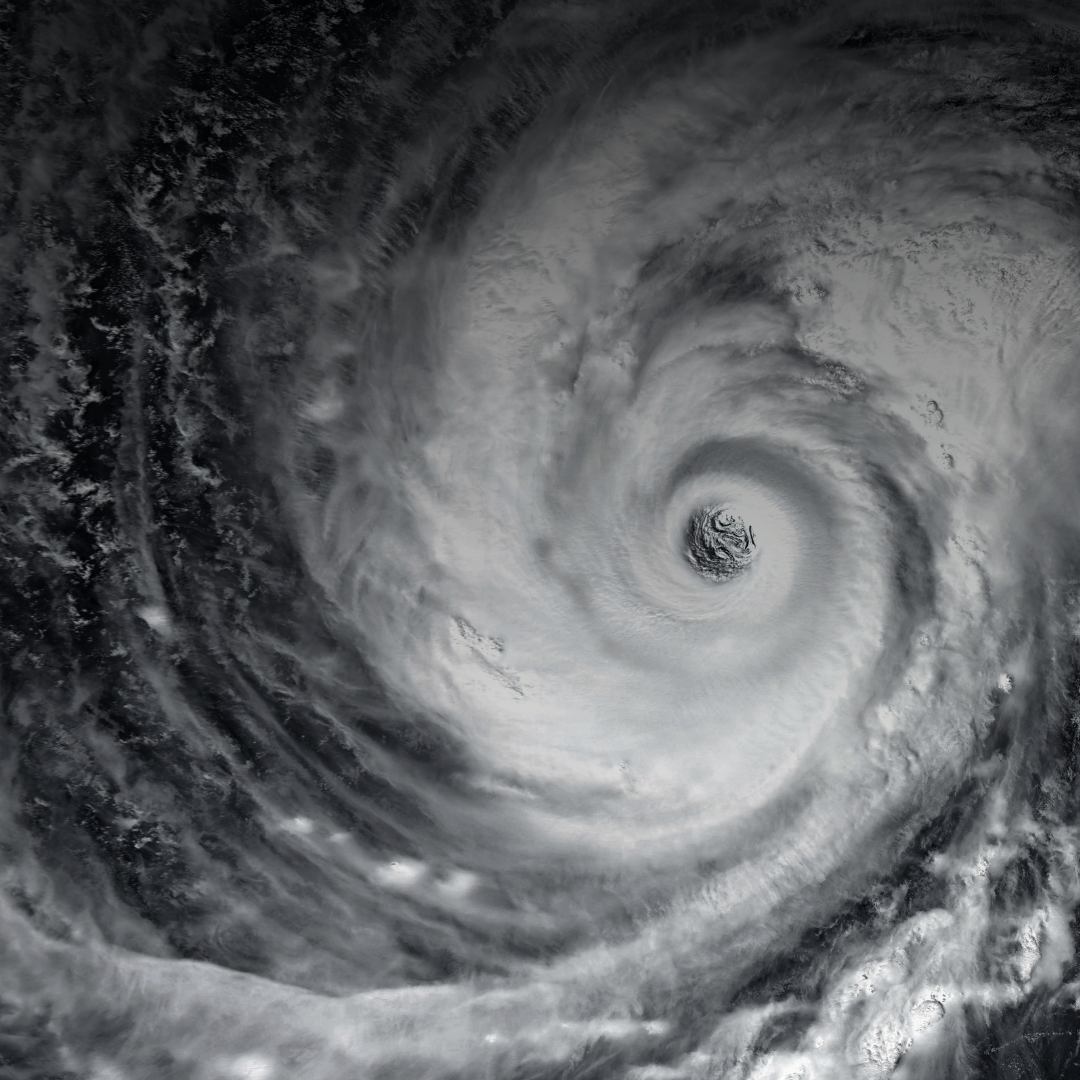Which Waste Management Method Is The Most Effective Option?
Identifying The Most Effective Waste Management Options
Waste management is a critical issue that needs to be addressed in order to protect our environment and preserve natural resources. With the growing population and increased consumption, the amount of waste generated continues to rise, making it more important than ever to find effective methods for managing it. Understanding which waste management option is most effective for your needs can help make sure you are taking the right steps to minimize household and business waste.
Composting
Composting is the process of breaking down organic matter like food scraps and yard waste into fertilizer. It’s one of the most eco-friendly waste management methods because it reduces the amount of organic material that ends up in landfills while creating a useful product in the process. This not only reduces the amount of waste that goes to landfills, but it also produces a valuable product that can be used in gardening and farming. When done properly, composting also helps reduce greenhouse gas emissions since it prevents methane from being released into the atmosphere. The downside to composting is that it requires more time and effort than other options and may not be suitable for everyone depending on their local regulations or living situation (such as living in an apartment).
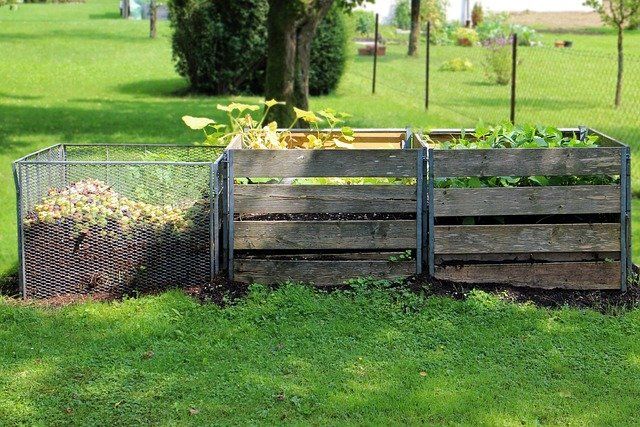
Incineration
Incineration involves burning waste at high temperatures in order to reduce its volume by up to 90%. This method is usually used for larger items such as tires or medical waste that cannot be recycled or composted. Incineration produces ash which can be disposed of safely without harming the environment if done properly. The downside to incineration is that it produces air pollution due to smoke and other hazardous gases being released into the atmosphere during combustion processes which can have negative impacts on human health if not handled correctly.
Recycling
Recycling involves processing materials like paper, plastic, metal, or glass into new products. This is typically done by sorting and reusing existing materials instead of producing new ones from scratch. Recycling helps reduce greenhouse gas emissions by decreasing the amount of energy needed to create new products from raw materials. It also reduces landfill space usage since recycled materials don’t need to be disposed of after use. However, recycling does require additional resources such as sorting facilities and specialized trucks to transport collected items which can add costs to the process.
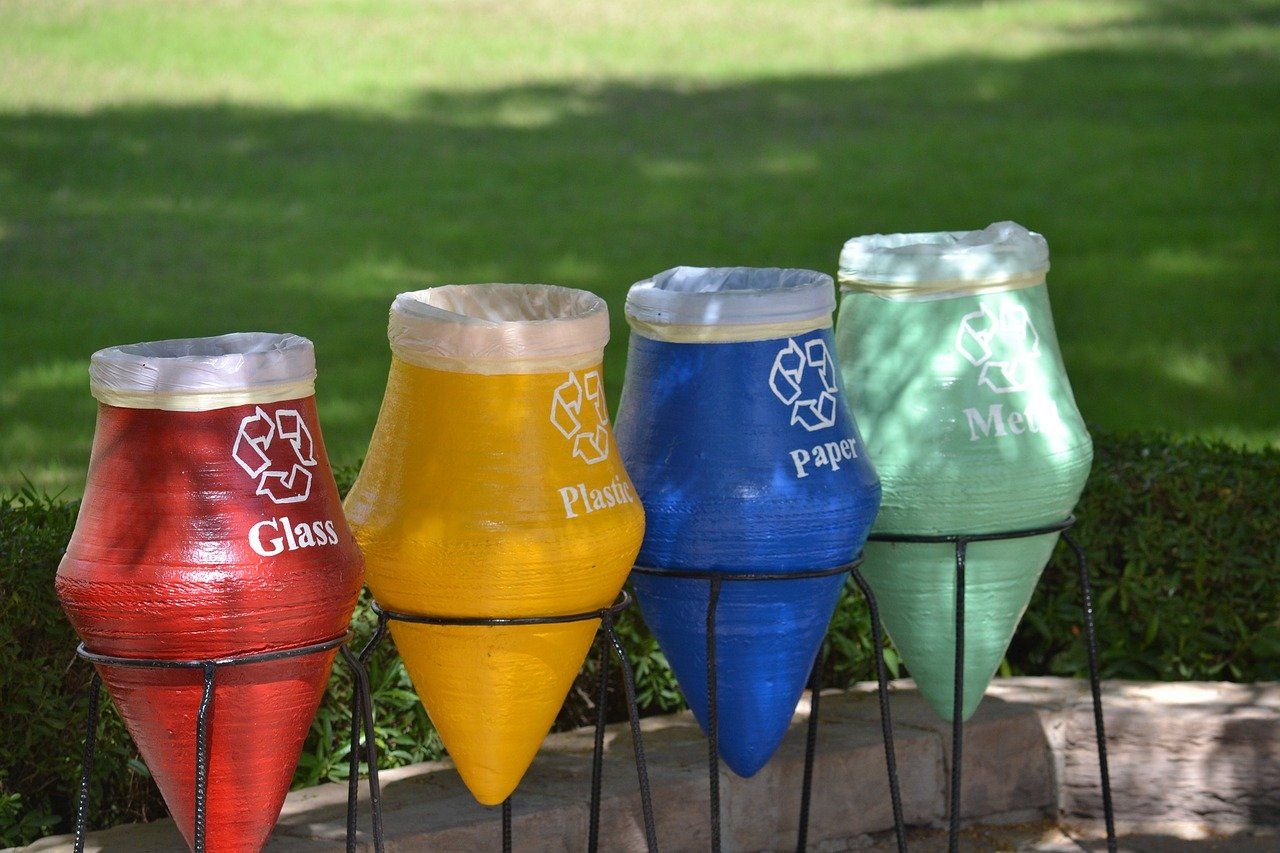
Considering Your Options
Waste management is an important part of any community’s infrastructure so understanding which option works best for your needs will help ensure you are taking steps towards reducing household and business waste responsibly. While all three methods – composting, recycling, and incineration – have their pros and cons when it comes to effectiveness, each option can play a role in helping protect our planet’s future if used appropriately based on local regulations or living situations. To reduce waste, try 2 yard dumpsters or 4 yard dumpsters or junk removal services for large items. But, sustainable practices like composting and recycling should also be used for an effective waste management plan. Ultimately though, it’s up to individuals to do their part by choosing sustainable practices whenever possible! By doing so we can all work together towards reducing our ecological footprint while improving our planet’s health now and for future generations!
